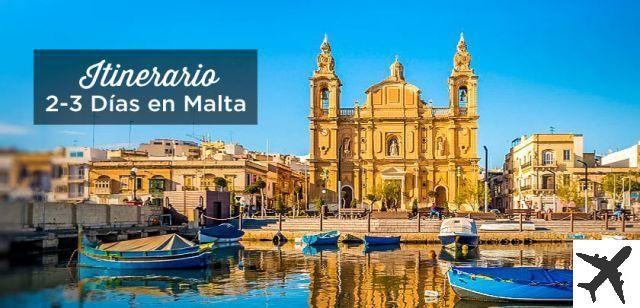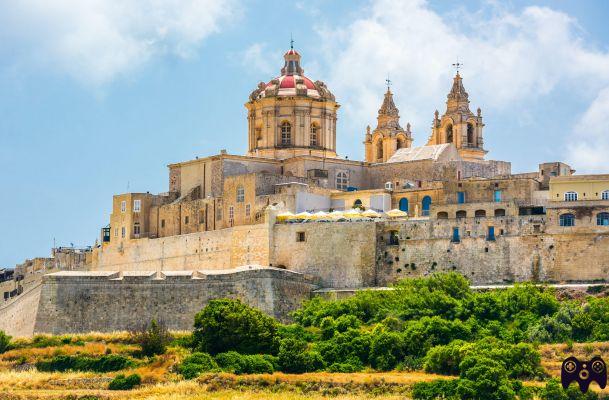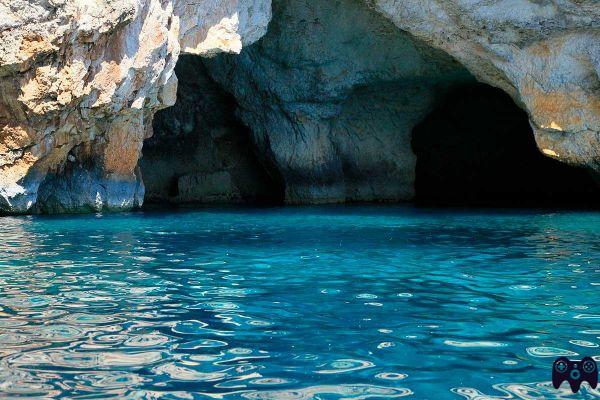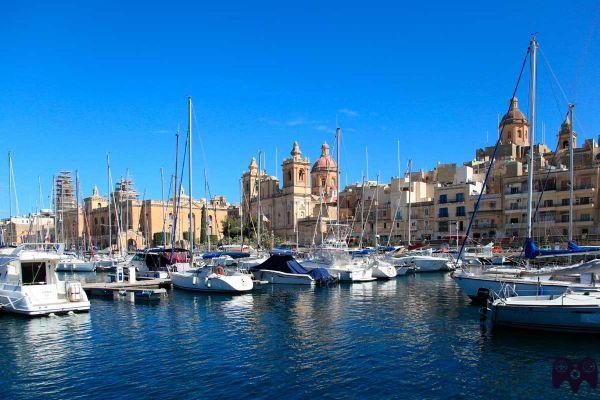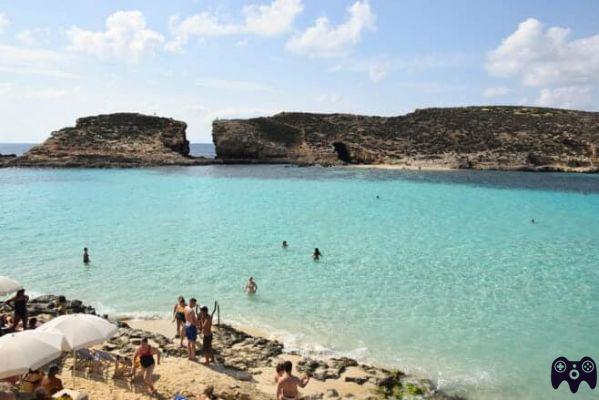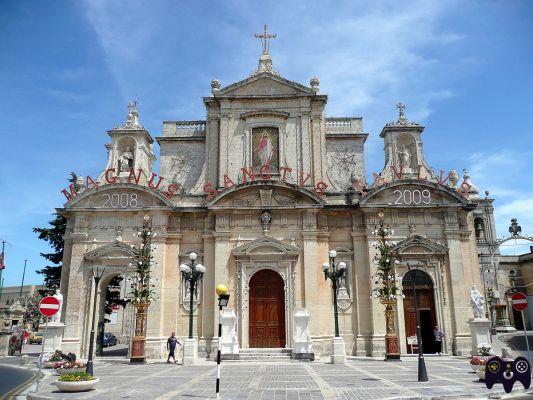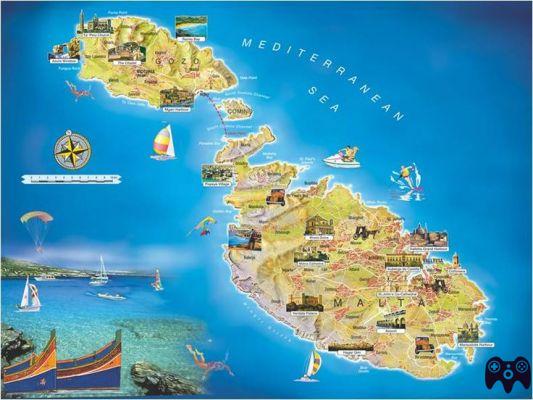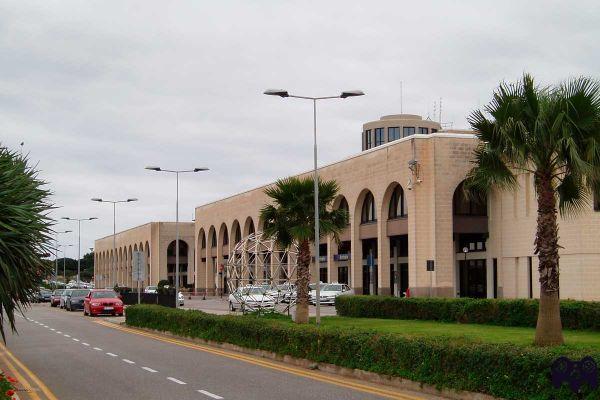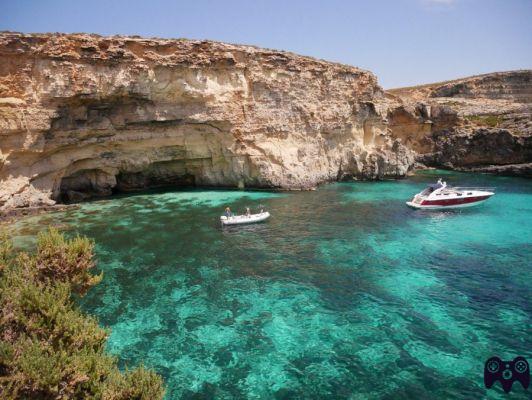
Introduction
Welcome to our article about living in Malta. If you are considering moving to this beautiful island country, you have come to the right place. In this article, we will answer all your questions and concerns about the cost of living, climate, visas, rental housing, standard of living, quality of life and much more. Let's get started!
1. Cost of living in Malta
One of the most important aspects to consider before moving to Malta is the cost of living. Overall, Malta is an affordable country compared to other European countries. The price of housing, food and transportation are relatively low. However, prices may vary depending on the location and the lifestyle you want to lead. Remember that the average salary in Malta is also lower than in other European countries.
2. Climate in Malta
The climate in Malta is Mediterranean, meaning you will enjoy mild winters and hot summers. Winters are mild, with temperatures rarely falling below 10 degrees Celsius. Summers are hot and dry, with temperatures that can exceed 30 degrees Celsius. If you like the sun and warm weather, Malta is the perfect place for you.
3. Visas and residency requirements
If you are a citizen of the European Union, you can live and work in Malta without needing a visa. However, if you are a citizen of a non-EU country, you will need to apply for a residence visa before moving. Requirements and procedures may vary, so we recommend that you check with the Maltese embassy or consulate in your home country for up-to-date information.
4. Rental homes in Malta
Renting a home in Malta can be a challenging task, especially in the most popular areas such as Valletta or Sliema. Rental prices have increased in recent years due to high demand. We recommend that you start your search early and be prepared to compete with other applicants. Additionally, it is important to note that some landlords may require a security deposit and a long-term rental agreement.
5. Standard of living and quality of life in Malta
The standard of living in Malta is quite high, especially compared to other southern European countries. The quality of life is also excellent, as Malta offers a host of services and amenities. The healthcare system is of high quality, education is accessible and there is a wide range of leisure and entertainment activities. In addition, Malta has beautiful beaches and natural landscapes that you can enjoy all year round.
6. Pros and cons of living in Malta
Like anywhere else, living in Malta has its pros and cons. Some of the positive aspects include the pleasant climate, natural beauty, rich history and culture, and the opportunity to learn English as it is one of the official languages. However, it is also important to note that Malta is a small country and may be limited in terms of job opportunities and cultural activities.
7. Personal experiences of living in Malta
If you are interested in learning about the personal experiences of other people who have lived in Malta, we recommend searching online expat groups and forums. There you will find testimonials and useful advice from people who have gone through the same experience. Remember that each person has a unique perspective, so it is important to consider different opinions before making a decision.
8. Considerations before moving to Malta
Before moving to Malta, it is important to take into account some additional considerations. For example, you should research the tax system, the education system if you have children, job opportunities in your field, and the availability of services that are important to you. In addition, it is advisable to learn some basic phrases in Maltese, the country's official language, to facilitate your integration.
Frequently Asked Questions (FAQs)
1. Is it necessary to know Maltese to live in Malta?
It is not necessary to know Maltese to live in Malta, as English is one of the official languages and is widely spoken throughout the country. However, learning some basic Maltese phrases can be helpful in communicating with locals and showing interest in local culture.
2. What is the best time to visit Malta before moving?
The best time to visit Malta before moving depends on your personal preferences. If you like warm weather, the summer months (June to September) are ideal to enjoy the beaches and outdoor activities. However, if you prefer to avoid the tourist crowds, the spring (April and May) and fall (October and November) months are quieter and still offer pleasant weather.
Conclusion
We hope this article has answered all your questions about living in Malta. From cost of living to climate, visas, rental housing and quality of life, we've covered the most important aspects to consider before making the decision to move. Remember that each person has a unique experience, so we recommend that you do your research and consult different sources before making a final decision. We wish you much success in your adventure in Malta!
Until next time,
The Living in Malta editorial team







